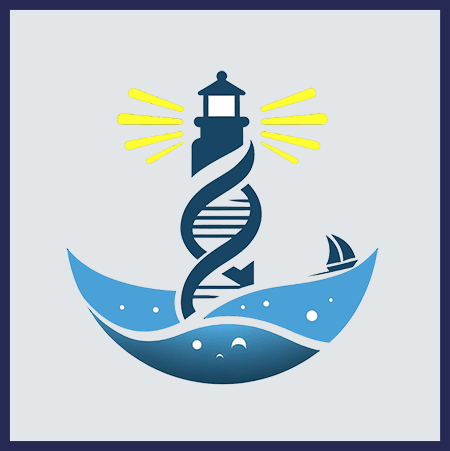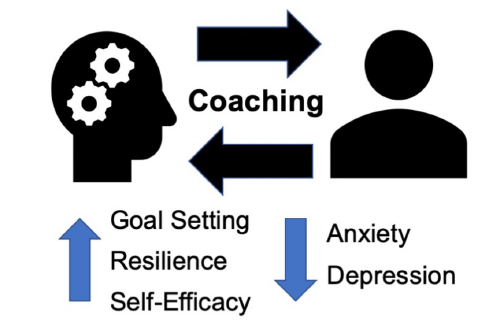Promoting Biomedical PhD Student Excellence

BEACON is an educational research study funded by the NIH to test if professional high-performance coaching has positive effects on biomedical Ph.D. academic achievement. BEACON stands for Biomedical Excellence Achieved through COaching Networks.
See below for details of the research program.
We are currently obtaining baseline data before the formal coaching study begins. The baseline data will be used at the end of the study to test if professional coaching improves outcomes over time. Baseline study participants will receive the benefit of $25 as a VISA gift card.
The time commitment for all participants is estimated to be about 45 minutes total to complete the 3 online surveys. To participate please use this link to give your consent.
https://rutgers.ca1.qualtrics.com/jfe/form/SV_3ws3zH0YhJuJND8
Coaching
Coaching in the past has been an exclusive service for high performers and executives. However, recent efforts aim to democratize coaching, making it accessible to a broader audience. Coaching is a partnership that differs from mentoring and advising. While mentors and advisors give directions and advice, coaches engage trainees in a thought-provoking and creative process. We believe that high-performance coaching will help our biomedical Ph.D. students to excel, as coachees, to sharpen strategies, expand perspective, and receive feedback and accountability; all aimed at maximizing their professional potential. Collectively, coaching is aimed at building problem solving abilities, which offers numerous psychological and educational benefits.

Research Study Design
The short and long-term effects of professional coaching have never been rigorously measured for biomedical Ph.D. students. BEACON will test this for the first time on the Rutgers Campus!
The purpose of our research study is to determine whether biomedical Ph.D. students who receive individualized professional coaching will experience improved short-term outcomes (e.g., improved self-efficacy and research self-efficacy, decreased anxiety, improved resilience) and sustained long-term positive effects (degree persistence, goal attainment, ease in career transitions, and tangible scholarly outputs).
To accomplish the goals of our study, we first will obtain baseline data before formal coaching study begins in the fall semester of 2024. The baseline data will be used at the end of the study to test if professional coaching improves outcomes over time. Coaching will be offered on the Rutgers New Brunswick Campus for academic years 2024 and 2026 and the Newark campus for the academic years 2025 and 2026.

Frequently Asked Questions
Eligible participants are pursuing their Ph.D. in one of the following programs at Rutgers University: Biochemistry, Cell and Developmental Biology, Cellular and Molecular Pharmacology, Microbiology and Molecular Genetics, Physiology and Integrative Biology, Biomedical Engineering, Neuroscience, Microbial Biology, Nutritional Sciences, Endocrinology and Animal Biosciences, Toxicology, Public Health, Quantitative Biomedicine, Chemistry and Chemical Biology, Psychology, Exposure Science and Assessment, Medicinal Chemistry, and Pharmaceutical Science.
Please contact Dr. Tracy Scott (tracy.e.scott@rutgers.edu) if you have questions about how to participate. We are currently conducting the baseline portion of our study. We will be recruiting participants for the coaching experiments starting in the summer of 2024.
Participants in the baseline portion of the study will receive the benefit of $25 as a prepaid virtual VISA card.
The time commitment for the baseline portion of the study is estimated to be about 45 minutes total to complete the 3 online surveys.
BEACON is supported by a grant from the National Institutes of Health NIGMS (R01GM151687).
NIH Research Project Title
Investigation of Professional Coaching as an Intervention to Support the Success of URG Biomedical Ph.D. Students
Contact PI
James Millonig, Ph.D., Rutgers School of Graduate Studies, 675 Hoes Lane, Research Tower, Room 102, Piscataway, NJ 08854
MPIs
Loren W. Runnels, Ph.D. & Cindy Blitz, Ph.D
Program Director
Tracy E. Scott, Ph.D. (tracy.e.scott@rutgers.edu).